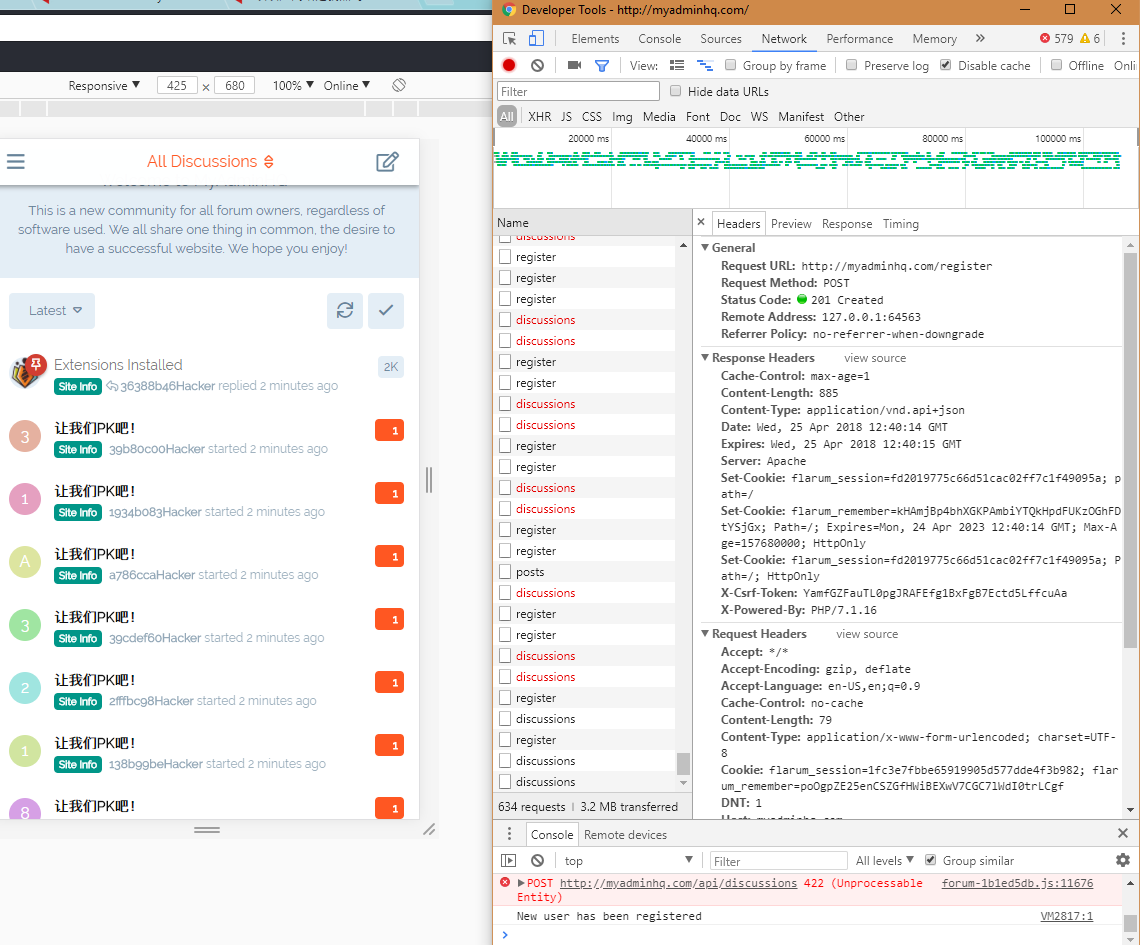- Edited
After my forum was captured by spams a couple of days, I realized that Flarum's current processing and detection of Spam is not perfect. Here are my suggestions.
Integrate all current anti-Spam extensions into one.
In the extension settings, you can choose whether to enable one of the functions:
- FoF Stop Flarum Spam
- FoF Spamblock
- FoF Disposable Emails
- Mail Filter
- FoF Ban IPs
- Suspend
And add the following functions on that basis:
Discussion Creation Frequency Detection: In the first stage, set a user can only create x discussions within a set period of time. When the user violates this rule, when the user try to create discussion, prompt "You are currently operating too frequently. Please try again later."
In the second stage, another longer period is set. The user can only create y discussions. When the user violates this rule, the user is prohibited from using the topic creation function and the reply function for a few minutes.
(Currently FoF Filter has the ability to merge duplicate posts, which is very insufficient)UA or Request Header Detection: detect whether it is normal browsing behavior.
Post CAPTCHA: Post a discussion, reply needs a captcha verification or Google reCAPTCHA (which is very effective when under spam attack.)

